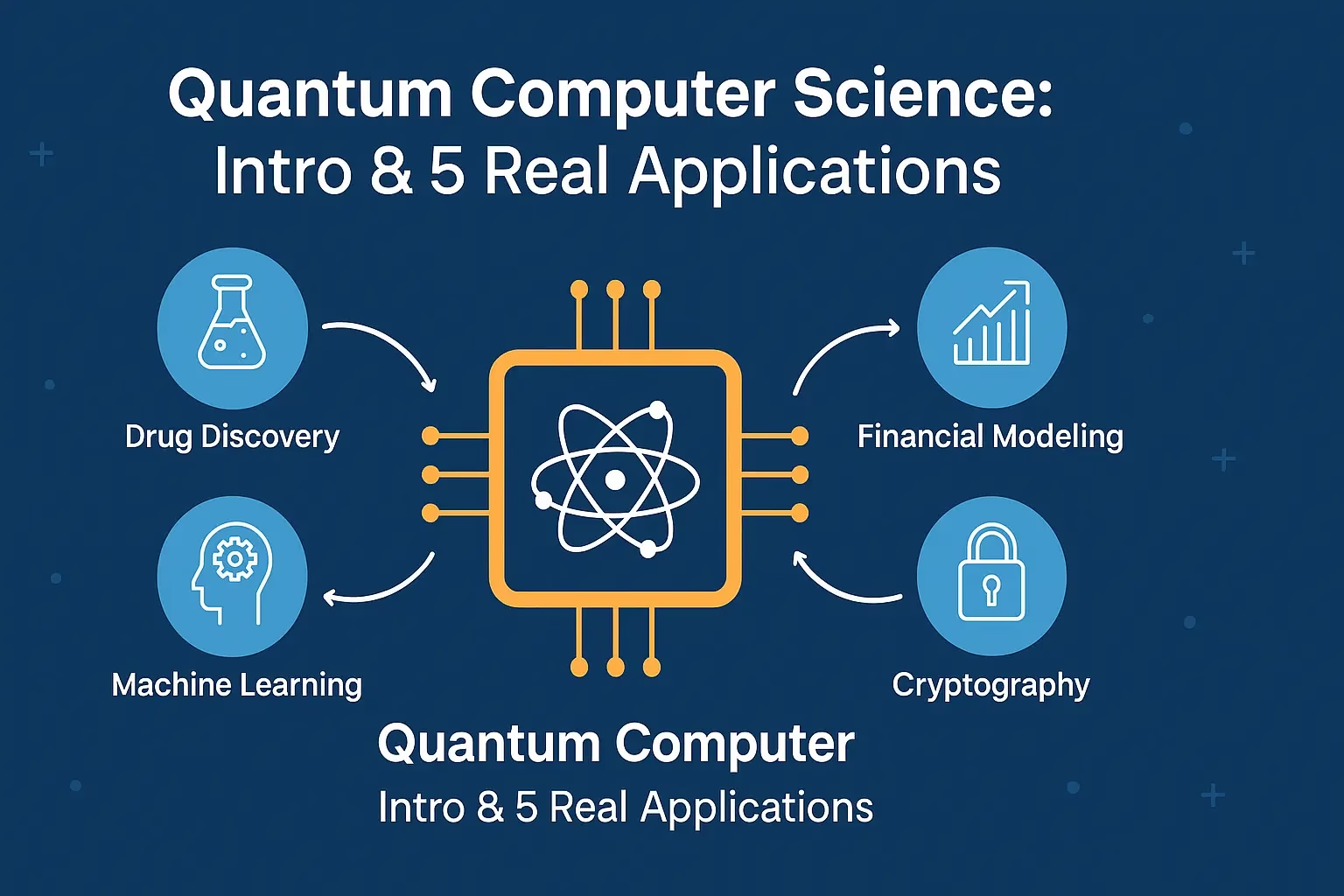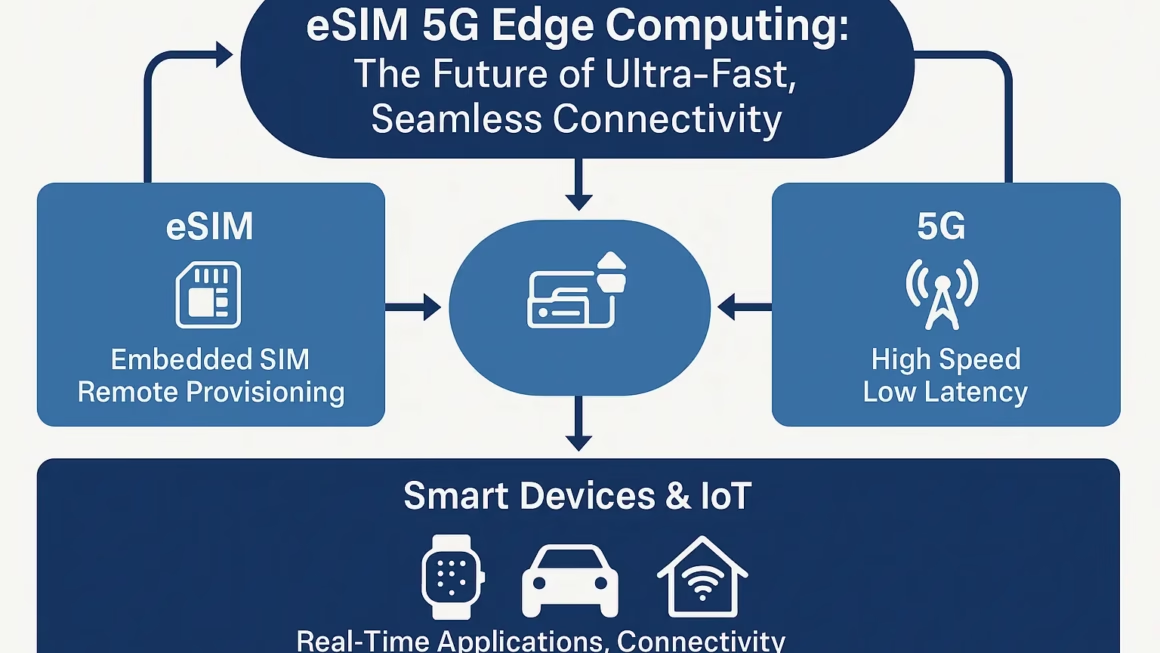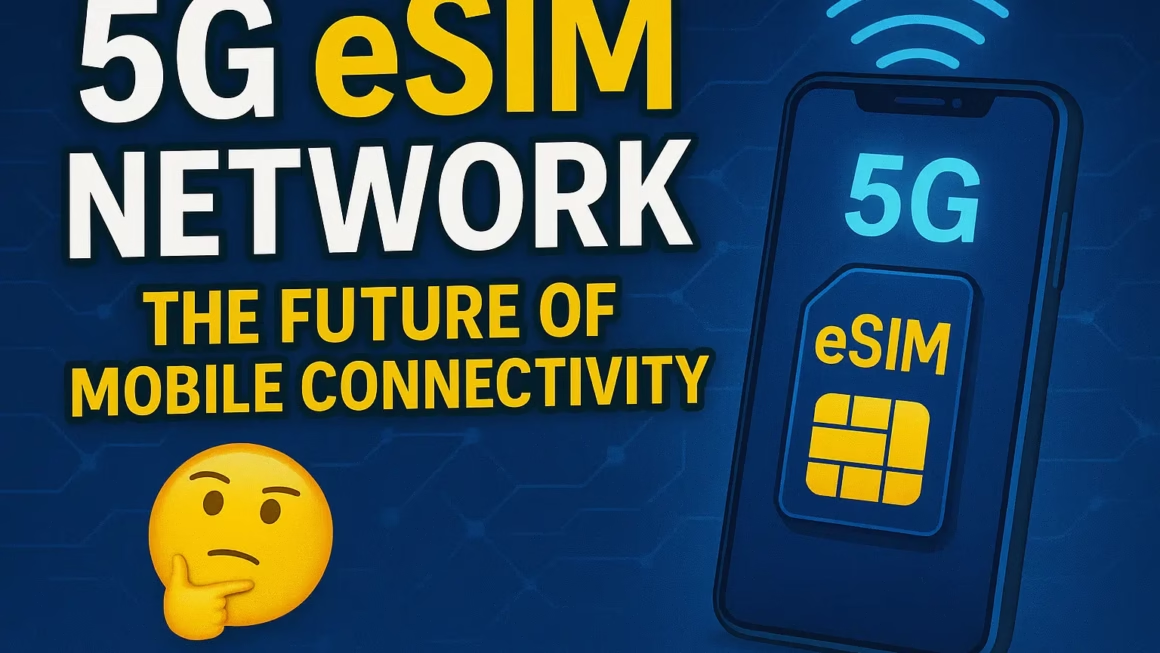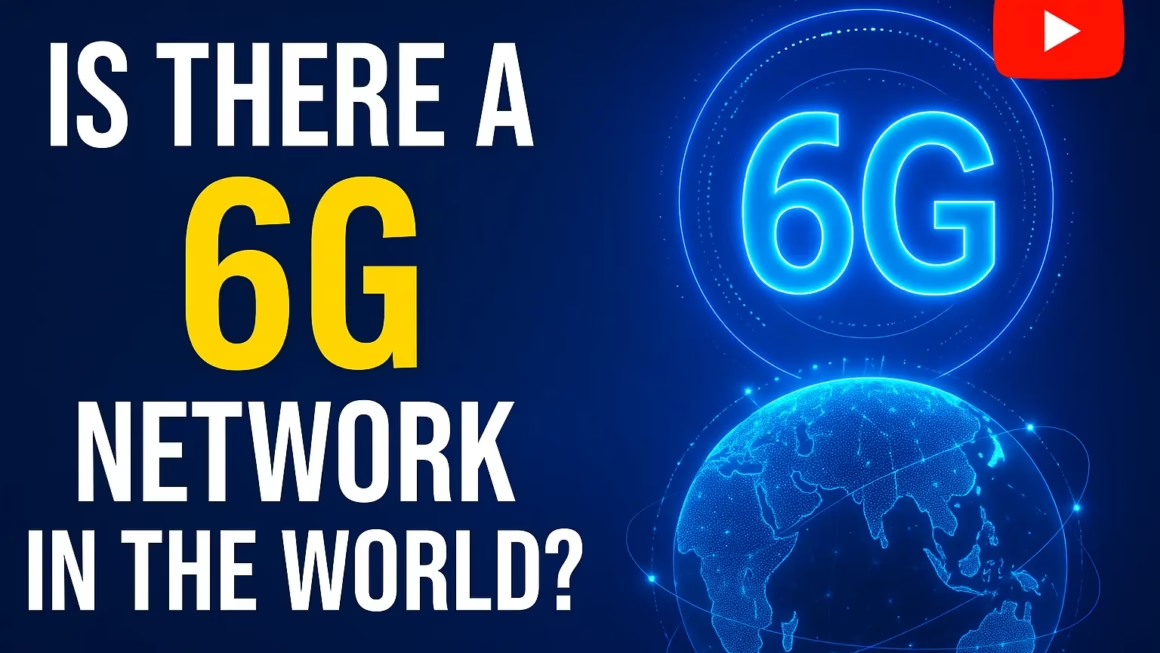Quantum Computer Science: An Introduction
Quantum computer science is an emerging field that merges quantum physics and computer science to revolutionize how we process information. Unlike classical computers, quantum machines leverage the principles of quantum mechanics, such as superposition and entanglement, to perform complex calculations with unprecedented speed and efficiency. This introduction to quantum computer science will delve deep into its foundations, technologies, and future potential.
Quantum computing operates on qubits, which differ from classical bits by existing in multiple states simultaneously. This capability enables quantum computers to process exponentially more information compared to traditional systems. The field is advancing rapidly, with researchers and tech companies racing to achieve quantum supremacy—the point at which quantum computers outperform classical ones in meaningful tasks.
From cryptography to drug discovery, quantum computer science holds the promise to disrupt and enhance countless sectors. Understanding its core concepts and challenges is essential for anyone involved in science, technology, or business innovation.
Understanding Qubits and Superposition
What Are Qubits?
Qubits are the fundamental units of quantum information. Unlike classical bits that can be 0 or 1, qubits can be in a superposition of both states. This means a qubit can represent multiple possibilities simultaneously, exponentially increasing computing power with the addition of each new qubit.
How Superposition Enhances Computing
Superposition allows quantum computers to perform many calculations at once. When multiple qubits are entangled and in superposition, the number of potential outcomes grows exponentially. This property is key to solving complex problems that classical computers struggle with, such as simulating molecular interactions or optimizing large systems.[YOUTUBE]
Quantum Entanglement and Quantum Gates
What Is Quantum Entanglement?
Entanglement is a quantum phenomenon where two or more qubits become interconnected such that the state of one instantly influences the state of another, regardless of distance. This feature is essential for quantum computing, enabling intricate operations across distributed systems.
Quantum Logic Gates Explained
Quantum gates manipulate qubits using operations derived from linear algebra. Common gates include the Hadamard gate, which places qubits into superposition, and the CNOT gate, which entangles qubits. Quantum circuits are constructed using these gates to perform computations analogous to classical logic gates in traditional computers.
Building Quantum Circuits
Quantum circuits are sequences of quantum gates applied to qubits. These circuits execute algorithms such as Shor’s algorithm for factoring large numbers or Grover’s algorithm for database searching. Designing efficient quantum circuits is a central focus of quantum software engineering.
Applications of Quantum Computing
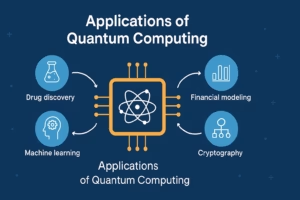
Quantum Cryptography and Security
Quantum cryptography leverages principles like uncertainty and entanglement to create secure communication channels. Quantum key distribution (QKD) ensures that any attempt to intercept messages alters the state of the qubits, alerting the parties involved.
Healthcare and Drug Discovery
Quantum simulations of molecular structures enable faster and more accurate drug discovery. Pharmaceutical companies are already partnering with quantum computing firms to model complex protein interactions that were previously beyond reach.
AI and Machine Learning
Quantum machine learning explores how quantum computing can enhance training speed and pattern recognition in AI models. By processing large data sets in parallel, quantum algorithms could significantly outperform classical machine learning in specific applications.
Challenges in Quantum Computer Science
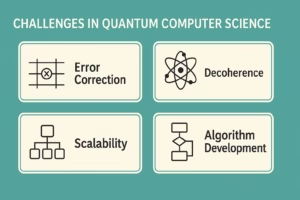
Decoherence and Noise
Quantum states are delicate and easily disrupted by environmental factors—a problem known as decoherence. Noise in quantum systems leads to errors, necessitating advanced error-correcting codes and cryogenic environments to maintain stability.
Scalability Issues
While prototypes with a few dozen qubits exist, scaling quantum systems to thousands or millions of qubits remains a formidable engineering challenge. Hardware, control systems, and fabrication technologies must evolve in tandem to make large-scale quantum computing viable.
Software and Algorithm Development
Quantum programming requires a new paradigm, distinct from classical code. Languages like Q# and frameworks like Qiskit are emerging to meet this need, but much work remains to develop practical and widely usable quantum software tools.
The Future of Quantum Computer Science
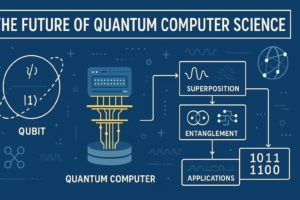
Quantum Supremacy and Beyond
Google’s 2019 announcement of quantum supremacy marked a milestone, showing a quantum processor completing a task unfeasible for classical computers. The goal now is to achieve practical quantum advantage—where quantum systems solve real-world problems better than classical systems.
Industry Adoption and Growth
Major players like IBM, Microsoft, and Amazon are investing in quantum technologies, creating cloud-based quantum computing services. Startups are innovating hardware, software, and applications, making the ecosystem dynamic and competitive.
Ethics and Security Considerations
With great power comes great responsibility. Quantum technologies could break current encryption systems, prompting governments and institutions to develop quantum-safe cryptography. Ethical frameworks must be established to guide responsible use of quantum computing.
Conclusion
Quantum computer science represents a radical shift in how we think about computation, information, and problem-solving. As research accelerates and technology matures, quantum computing is poised to unlock unprecedented capabilities in science, medicine, finance, and beyond. By understanding its principles and staying informed about its progress, individuals and organizations can prepare for a future transformed by quantum innovation.
